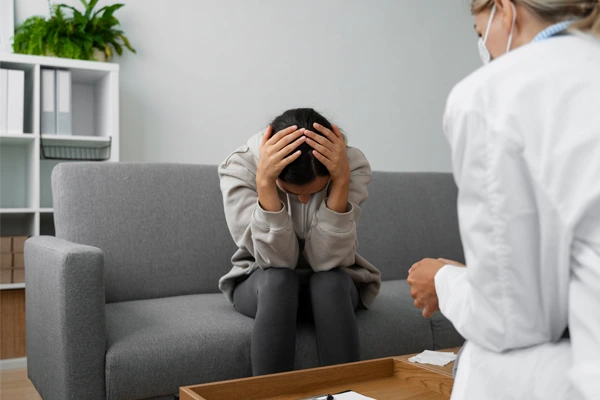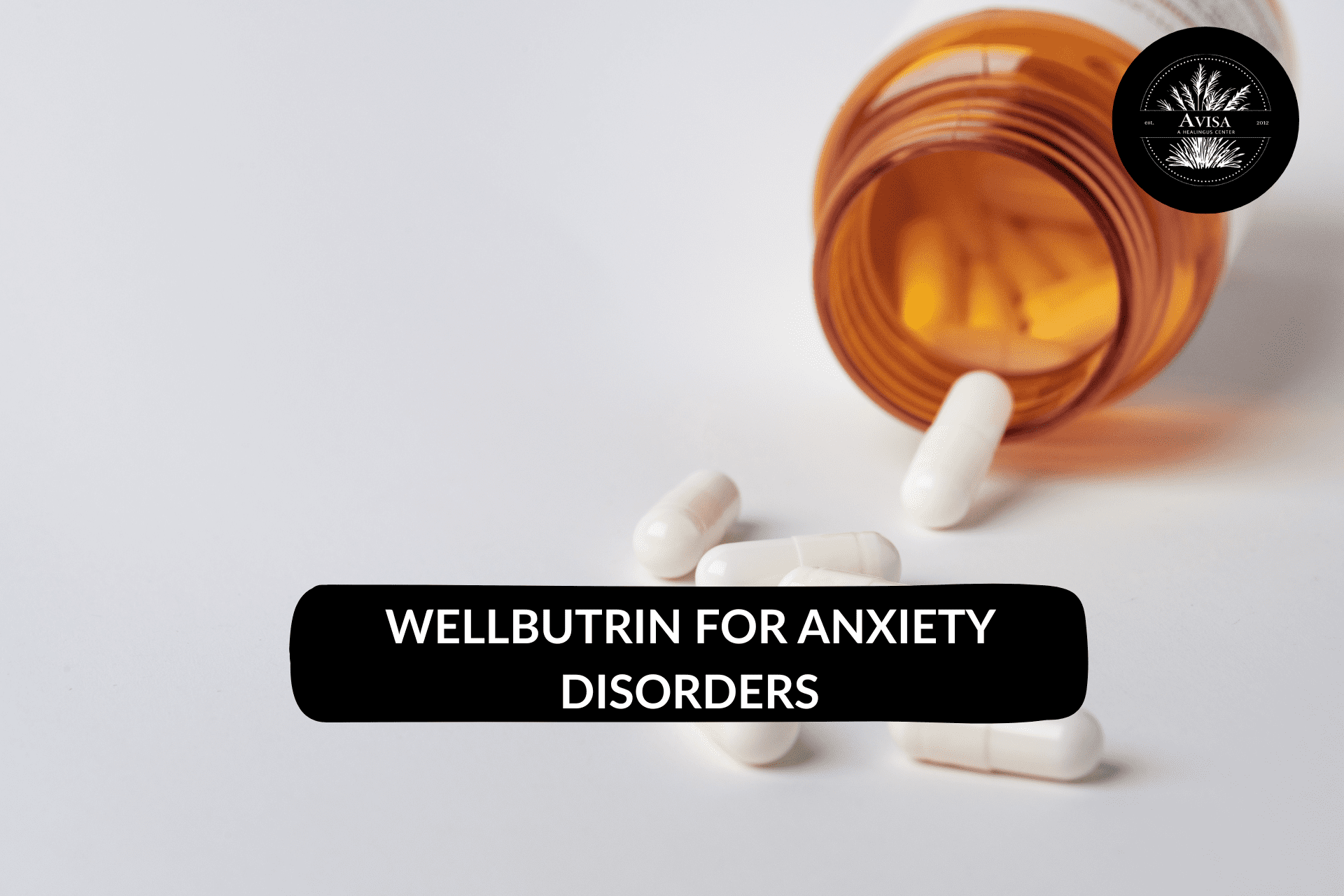Some days, you’re riding the waves of energy and inspiration. Other days, you’re stuck in a fog that won’t lift, no matter how hard you try. Bipolar 2 disorder isn’t just about “moodiness”, it’s a deeply complex mental health condition that can disrupt relationships, careers, and your sense of self.
The emotional rollercoaster can be terrifying for the one experiencing it, and equally heartbreaking for loved ones trying to help. But here’s the truth: you are not alone, and you are not powerless. The right treatment for Bipolar 2 can offer more than just symptom management, and it can offer hope, balance, and a real path forward.
This guide will walk you through everything you need to know about effectively treating Bipolar 2 disorder, step by step. Whether you’re newly diagnosed, supporting someone you love, or searching for a better way to cope, this is your roadmap to healing.
What Is Bipolar 2 Disorder?
Bipolar 2 disorder is a type of bipolar disorder marked by recurring episodes of depression and hypomania (a less intense form of mania). Unlike Bipolar 1, people with Bipolar 2 don’t experience full-blown manic episodes, but the depressive episodes are often more frequent and longer-lasting.
You might feel like you’re constantly swinging between feeling low and feeling “okay,” but never truly stable. These shifts can interfere with work, relationships, and everyday functioning.
Why Getting Treatment for Bipolar 2 Is Crucial
Bipolar 2 disorder often gets misunderstood or misdiagnosed as depression. Without accurate treatment, symptoms can worsen over time, leading to more intense mood episodes and higher risks of self-harm or substance abuse.
About 80% of people with bipolar disorder experience multiple episodes, and long-term medication significantly reduces recurrence.
Early and consistent treatment for Bipolar 2 not only reduces these risks, but it also empowers individuals to lead stable, meaningful lives. It’s about learning how to manage the mood shifts rather than be ruled by them.
Step-by-Step Treatment for Bipolar 2 Disorder
1. Accurate Diagnosis and Psychiatric Evaluation
Every effective treatment journey starts with a correct diagnosis. A mental health professional will conduct interviews, review your mood history, and often involve family members to get the full picture. This process rules out other mental health conditions like major depressive disorder or anxiety that can overlap with Bipolar 2 symptoms.
Tip: Keep a mood journal. It helps track patterns and gives your care team valuable insight.
2. Medication Management
Most people with Bipolar 2 will need medication as part of their treatment plan. The goal is to stabilize mood swings and prevent relapses. Your psychiatrist may recommend:
- Mood Stabilizers, like lithium, help control the highs and lows.
- Antidepressants are used cautiously and usually alongside mood stabilizers to avoid triggering hypomania.
- Atypical Antipsychotics, like quetiapine or lurasidone, are helpful for managing depressive episodes.
Finding the right medication is often trial-and-error, but once the right combo is found, it can be life-changing.
3. Therapy for Long-Term Stability
Therapy is a powerful and essential part of treatment for Bipolar 2. It helps individuals recognize warning signs, manage stress, and process emotional experiences. The most commonly recommended approaches include:
- Cognitive Behavioral Therapy (CBT): Helps challenge negative thought patterns. : Patients who received Cognitive Behavioral Therapy had a 40% lower risk of relapse than those without psychotherapy.
- Interpersonal and Social Rhythm Therapy (IPSRT) focuses on maintaining stable routines to prevent mood disruptions.
- Family-Focused Therapy: Educates family members and improves communication at home.
Therapy isn’t just about “talking”, it’s about learning life-saving tools and gaining control.
4. Lifestyle Adjustments That Make a Difference
Your lifestyle plays a huge role in managing Bipolar 2 disorder. Simple but intentional changes can help support your recovery:
- Sleep: Regular sleep patterns are essential to mood stability.
- Nutrition: A balanced diet supports brain health and energy levels.
- Exercise: Acts as a natural mood booster and reduces stress.
- Routine: Establishing daily rhythms helps anchor your emotional state.
These might sound basic, but they’re the foundation of sustainable healing.
5. Peer and Support Groups
Sometimes, the best support comes from those who’ve walked in your shoes. Support groups can help you feel less alone and give you insight into how others manage their condition.
Whether online or in-person, support communities provide validation, accountability, and connection, things that really matter when you’re navigating a mental health journey.
Challenges in Finding the Right Treatment for Bipolar 2
It’s not always a straight path. Some of the hurdles include:
- Stigma: People often hide their symptoms or avoid treatment out of fear.
- Misdiagnosis: Many are first diagnosed with depression, delaying proper treatment.
- Medication Side Effects: Adjustments are common, and finding the right fit takes time.
- Treatment Fatigue: It’s easy to feel discouraged if progress feels slow.
These challenges are real, but they’re not permanent. The right care team will support you through every step.
How Avisa Recovery Can Help
At Avisa Recovery, we understand that treatment for Bipolar 2 requires more than just medication. We offer a holistic, evidence-based approach designed to treat the whole person, not just the diagnosis.
Our team creates customized treatment plans, combining psychiatric care, therapy, and lifestyle support. Most importantly, we walk with you every step of the way, offering compassion, expertise, and a safe space to heal.
Real Stories, Real Hope
Every day, people just like you find relief and rediscover balance through proper treatment for Bipolar 2. They’re living proof that diagnosis is not a life sentence; it’s a turning point. It’s the beginning of something better.
Conclusion: Your Life Doesn’t Have to Be a Constant Swing
Bipolar 2 disorder may be part of your life, but it does not define your future. With the right support system, medication, therapy, and routines, you can live a full, steady, and joyful life.
At Avisa Recovery, we believe in your power to heal. We believe in the strength it takes to seek help. And most of all, we believe that with the right treatment, balance is not just possible it’s within reach.
Ready to Take the First Step?
If you or someone you love is struggling with Bipolar 2 disorder, don’t wait another day. Reach out to Avisa Recovery and start your path toward stability, healing, and hope.
Contact us today, your recovery starts here.
FAQs
Q. What is the most effective treatment for Bipolar 2?
A. The most effective treatment for Bipolar 2 is a combination of mood-stabilizing medication and psychotherapy. Cognitive Behavioral Therapy (CBT) and lifestyle adjustments also help. Consistent treatment tailored to your unique needs is key to reducing depressive episodes and managing hypomania.
Q. Can Bipolar 2 be managed without medication?
A. While lifestyle changes and therapy can support recovery, most people with Bipolar 2 need medication to stabilize mood swings. Skipping meds may increase the risk of relapse. Always consult a mental health professional before making changes to your treatment plan.
Q. What triggers Bipolar 2 mood swings?
A. Triggers may include lack of sleep, stress, major life changes, substance use, or irregular routines. Identifying personal triggers with a therapist can help manage symptoms and prevent episodes. Healthy habits and a structured routine also reduce vulnerability to mood shifts.
Q. How long does Bipolar 2 treatment take?
A. Bipolar 2 treatment is long-term and ongoing. Many people find stability within a few months of consistent care, but maintenance treatment is usually lifelong. Regular monitoring, medication adjustments, and therapy sessions help maintain emotional balance.
Q. Is Bipolar 2 more difficult to treat than Bipolar 1?
A. Bipolar 2 isn’t necessarily more difficult to treat, but it can be harder to diagnose due to the absence of full mania. Depressive episodes are often more frequent, making long-term care crucial. With the right treatment, many people live well-managed lives.











